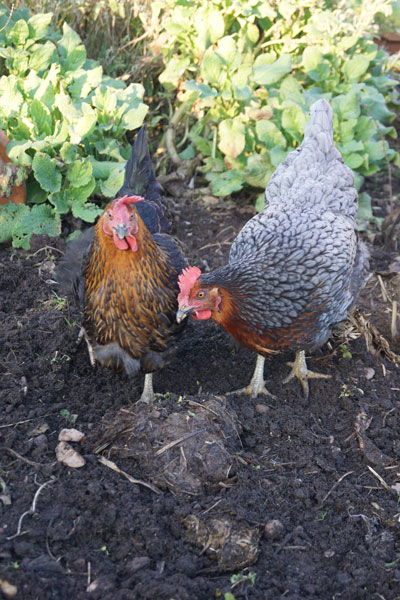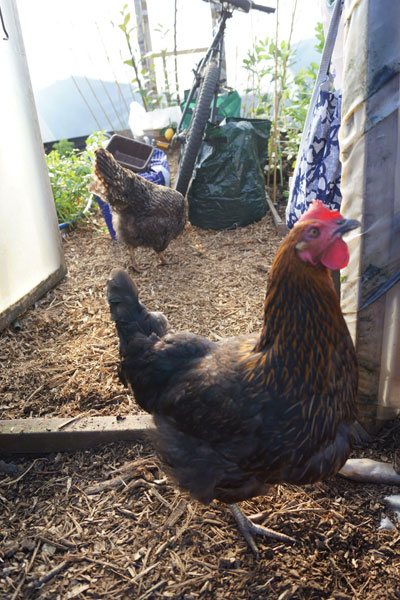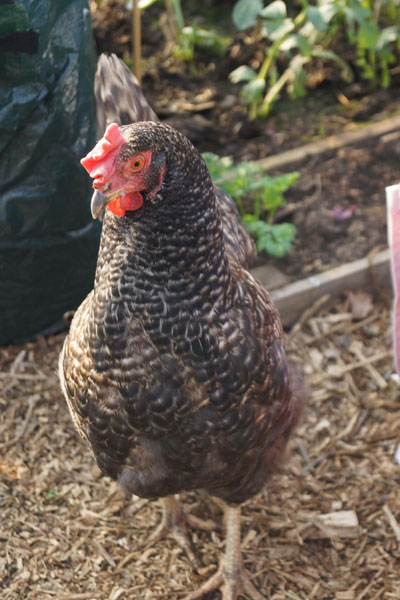Bird Flu: Dec 5 - Government Guidelines
"The new housing measures, which will come into force on 14 December, mean that it will be a legal requirement for all bird keepers to keep their birds indoors and to follow strict biosecurity measures in order to limit the spread of and eradicate the disease. Government Chief Veterinary Officers are encouraging bird keepers to use the next 11 days to prepare for new housing measures, including taking steps to safeguard animal welfare, consult their vet and where necessary put up additional housing. These housing measures build on the strengthened biosecurity regulations that were brought in as part of the Avian Influenza Protection Zone (AIPZ) on 11 November. The AIPZ means that all poultry and captive bird keepers need to take extra precautions, such as cleaning and disinfecting equipment, clothing and vehicles, limiting access to non-essential people on their sites, and workers changing clothing and footwear before entering bird enclosures."
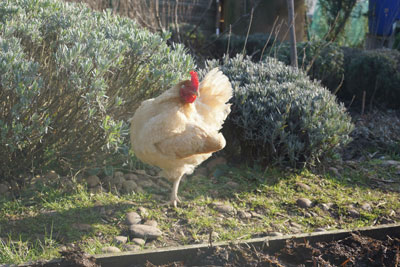 Please note that you must apply to EDAA before keeping chickens or if you wish to change stock levels.
Please note that you must apply to EDAA before keeping chickens or if you wish to change stock levels.
Chickens are a pleasure to keep. They are sociable birds, love a bit of company and often have comical personalities that will keep you entertained. And of course, there is nothing quite like collecting fresh eggs.
But they do take a quite a bit of looking after and if you are thinking of keeping a few hens you need to make sure you have the time to meet the chickens’ needs. You must be prepared to provide them with fresh food and water daily (even in wet or snowy weather!) and they must be kept safe from their natural predators - foxes and badgers.
You may wish to
EDAA allows plotholders to keep chickens as long they can clearly demonstrate that they can both provide and maintain a high level of animal welfare. The committee considers each application carefully, looking for evidence that plotholders will be able to meet the chickens’ welfare needs by providing accommodation that is completely secure and big enough for the number of hens that are planned.
You will need to provide a hen house with a nest box and a perch. There is a huge variety of coops available, including both plastic to wooden. The hen house will need to be enclosed in a secure run to keep predators out and this may need to include wire dug underground to prevent predators digging into the run and accessing your birds.
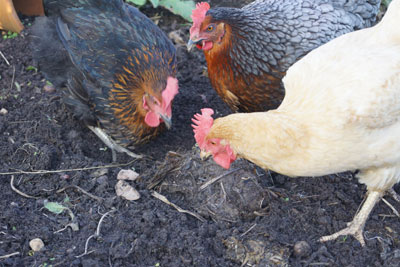 Daily care - An average adult hen will require 100 – 120 gm of feed per day, this should be kept away from wild birds and rodents. Your hens should not be given table scraps, Defra has banned the feeding of kitchen waste to hens - https://www.gov.uk/guidance/supplying-and-using-animal-by-products-as-farm-animal-feed.
Daily care - An average adult hen will require 100 – 120 gm of feed per day, this should be kept away from wild birds and rodents. Your hens should not be given table scraps, Defra has banned the feeding of kitchen waste to hens - https://www.gov.uk/guidance/supplying-and-using-animal-by-products-as-farm-animal-feed.
The coop will need a daily clean and a thorough weekly clean to deter parasites.
Fresh water should be freely available and needs to be replenished daily.
Routine healthcare – your birds will need de-worming on a regular basis with a licensed product such as Flubenvet. You will also need to check your hens for external parasites, such as red mites. You may also want to research local Veterinary Practices to see if they have a Vet who specialises in Chickens.
A good place to go for advice is other allotment holders who keep chickens. They can show you what they do to keep their hens safe and healthy.
Useful contacts and links
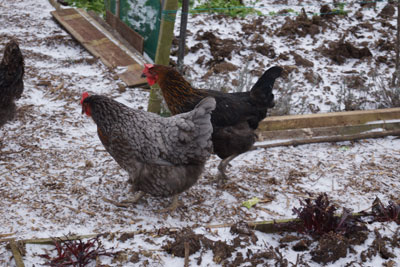 The National Allotment Society
The National Allotment Society
https://www.nsalg.org.uk/allotment-info/hens-on-allotments/
Harepathstead Poultry, Broadclyst
http://www.harepathsteadpoultry.co.uk - Specialise in Chickens and Bantams, selling food, feeders and housing.
British Hen Welfare Trust
http://www.bhwt.org.uk – Information on all aspects of hen welfare and husbandry, shop, battery hen re-homing and much more.
Defra
https://www.gov.uk/government/organisations/department-for-environment-food-rural-affairs
Latest information about Avian diseases including Avian Flu
